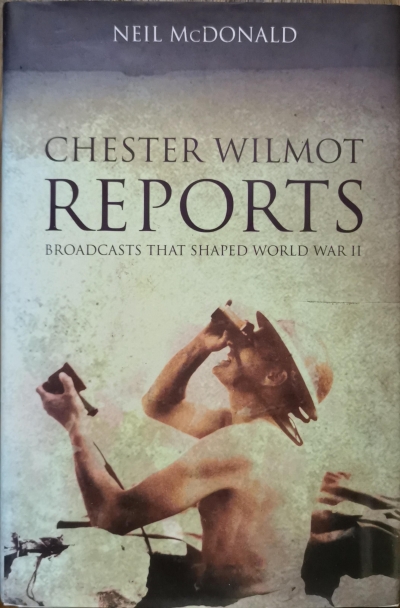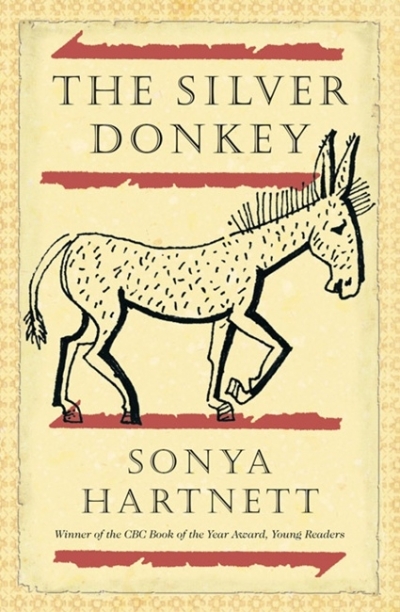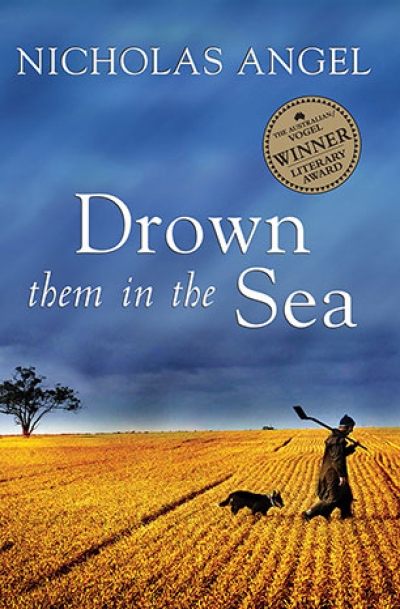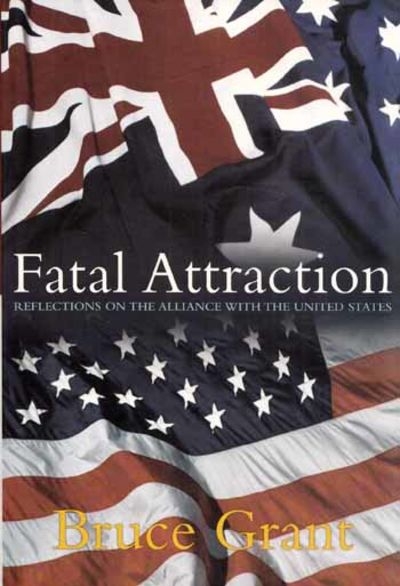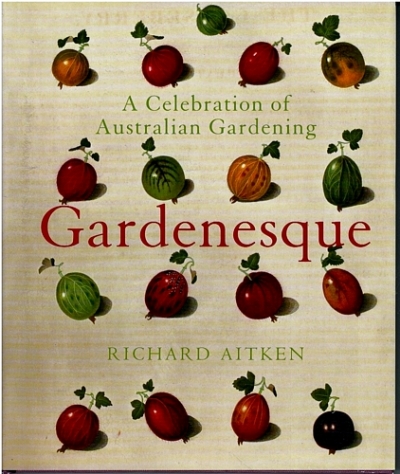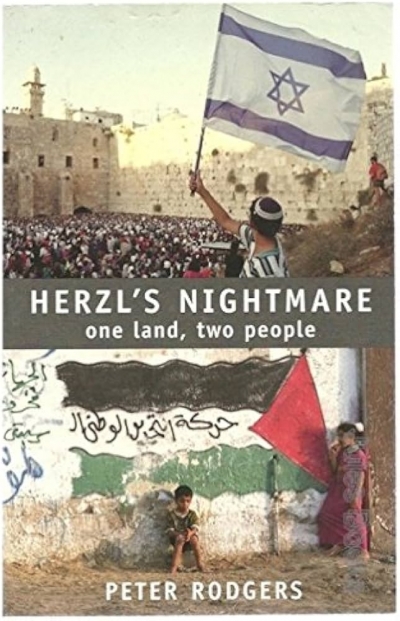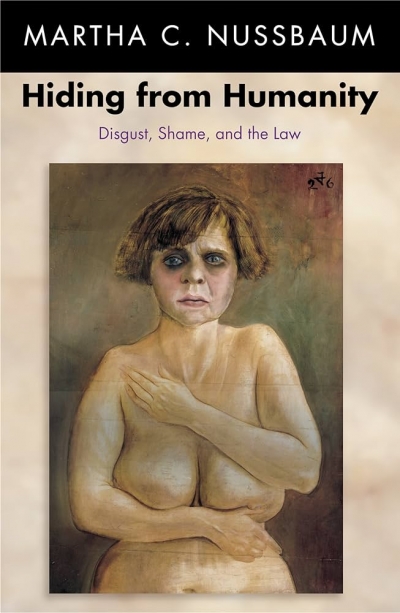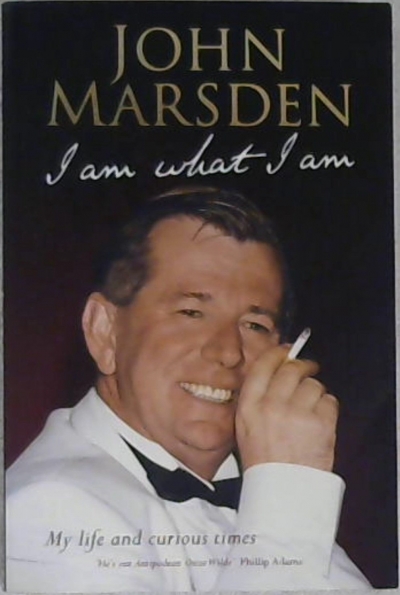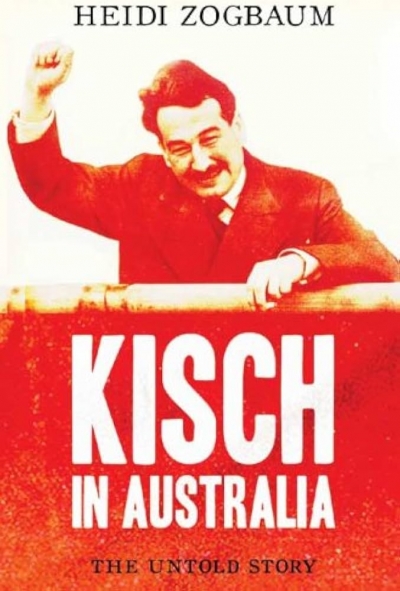Archive
Chester Wilmot Reports: Broadcasts that shaped World War II by Neil McDonald
by John Connor •
This year for the third year in a row, Black Inc. is reprinting writing from HEAT in one of its ‘Best Australian’ anthologies, without seeking my permission as the magazine’s editor and publisher. They can do this because there is a legal loophole in Australia’s literary culture – literary magazines in this country do not normally have contracts with their authors. It is conventional to ask magazine editors for their permission before reprinting work that has appeared in their pages; but the fact is, if the author’s permission can be won it is entirely irrelevant, from a legal point of view what the magazine editor thinks.
... (read more)The Silver Donkey by Sonya Hartnett & Camel Rider by Prue Mason
by Dianne Schallmeiner •
Drown Them in the Sea by Nicholas Angel & The Hanging Tree by Jillian Watkinson
by Lorien Kaye •
Fatal Attraction by Bruce Grant & How to Kill a Country by Linda Weiss, Elizabeth Thurbon and John Mathews
by Jock Given •
Gardenesque by Richard Aitken & The Oxford Companion to Australian Gardens edited by Richard Aitken and Michael Looker
by Paul de Serville •
Herzl's Nightmare: One land, two people by Peter Rodgers
by Colin Rubenstein •
I Am What I Am: My life and curious times by John Marsden
by Robert Reynolds •
Kisch in Australia: The untold story by Heidi Zogbaum
by Chris McConville •

